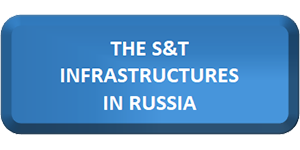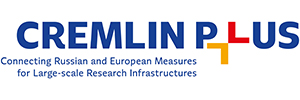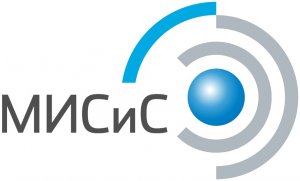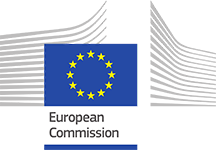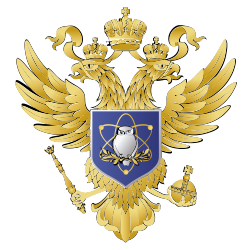



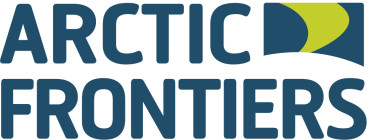
THE EMERGING LEADERS FOR THE ARCTIC CHALLENGE 2018
Emerging Leaders will take place from 17 – 23 January 2018.
Thirty selected candidates from different countries will participate in a blend of technical, social and cultural events accompanied by mentors from business, politics and academia.
The program is linked to the topic of Arctic Frontiers 2018 “Connecting the Arctic” and includes the following sessions:
Session 1: Politics and Security in the High North
Session 2: Technology Development and Arctic Business
Session 3: Connecting the Arctic
Session 4: Workshop, preparing a presentation
The program starts in the city of Bodø, then continues onboard the Norwegian Coastal Express “Hurtigruten” and ends in Tromsø, “the gateway to the Arctic”. To explore the marine resources and potential in the Lofoten Islands, a stopover will be made in Svolvær. The participants will be challenged to engage in discussions and presentations during the program.
Deadline for registration 1 October 2017.
More information: http://www.mynewsdesk.com/no/arctic-frontiers/news/invitation-to-participate-in-the-emerging-leaders-for-the-arctic-challenge-2018-258710
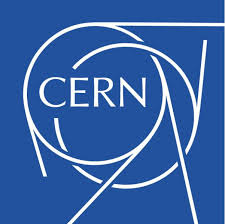

NATIONAL UNIVERSITY OF S&T MISIS TO LAUNCH INTERNATIONAL LABORATORY FOR PARTICIPATION IN CERN EXPERIMENTS SHiP AND LHCb
NATIONAL UNIVERSITY OF S&T MISIS (NUST MISIS) has become a member of an ambitious project SHiP (Search for Hidden Particles) provided by European Center for Nuclear Research (CERN) in 2015.
The purpose of the new experiment is to find an explanation for phenomena not described by the Standard Model of elementary particle physics: the existence of dark matter and the absence of antimatter in the Universe. Currently SHiP is a collaboration of 52 institutes from 17 countries.
In June 2017 MISIS has joined the LHCb, the other CERN experiment, the aim of which is to explore what happened after the Big Bang that allowed matter to survive and build the Universe we inhabit today.

THE SIBERIAN RESEARCHERS DESIGN KEY DETAILS FOR LARGE HADRON COLLIDER
Scientists from the Tomsk Polytechnic University (TPU) have created a mounting fixture for the SciFi tracking detector to further upgrade the Large Hadron Collider (LHC).
The new fixture detail will be delivered to the European Organization for Nuclear Research (CERN) before the end of September.
The details will serve as a fixture for the moving elements of the SciFi tracking detector parts which will be assembled on the detecting complex LHCb (Large Hadron Collider beauty experiment). In the course of experiments, the detector must move with all the details being placed at strictly defined positions within the accuracy of a micron. To achieve such precision, the Tomsk researchers developed an overhead system, railing, and tray (slide), with which the detectors will move along the Collider.
LHCb is one of the main detectors at the Large Hadron Collider. For instance, it was involved in experiments on the asymmetry of matter and antimatter in interactions of b-quarks (the so-called "beautiful quarks").
Over the past two years, the TPU has become an active member of six large CERN collaborations and, additionally is a member of four important experiments. In particular, Tomsk physicists have joined the upgrading efforts for the LHC.
Another research group is working on enhancing the gas detectors and their introduction to the industry as a part of the RD51 collaboration. The third group of Tomsk Polytechnic University scientists has joined the work of the international research collaboration, NA64, on the super-proton synchrotron (SPS) which is exploring the dark matter.
More information: http://tass.com/science/966320

OVER 358 APPLICATIONS WERE SUBMITTED FOR THE SIXTH “MEGAGRANT” COMPETITION
14 July 2017 was the deadline for the sixth grant competition of the Government of the Russian Federation designed to support research projects implemented under the supervision of the leading scientists. The competition was announced on May 5,2017.
Grants of the Government of the Russian Federation in the amount of up to 90 million rubles each will be awarded on the competitive basis for conducting scientific research over 3 years (2018 – 2020).
Applications have been received from ~ 358 leading scientists from 41 countries of the world jointly with scientific and educational organisations in Russia: 280 applications came from institutions of higher learning, 78 - from research organizations.
116 applications were filed by scientists with Russian citizenship.
The majority of international applicants are scientists with the citizenship of the USA – 35 applications, Italy – 21 applications, France – 18 applications, Germany – 17 applications, Great Britain – 16 applications, India – 14, Australia – 11.
The research areas of the participants cover all 35 science fields set by the Grant Council for federal support. The majority of research projects proposed relate to the science fields of: Computer and Information Science (29), Physics (28), Material Technology (28), Biology (23), Earth Sciences and Related Environmental Sciences (20).
Winners of the competition will be notified no later than 15 November 2017.
Further information: http://www.p220.ru/home/news/item/1309-6-350
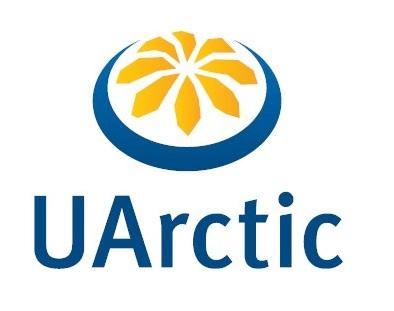
THE UNIVERSITY OF THE ARCTIC (UArctic)
The University of the Arctic (UArctic) is a cooperative network of universities, colleges, research institutes and other organizations concerned with education and research in and about the North.
UArctic builds and strengthens collective resources and collaborative infrastructure that enables member institutions to better serve their constituents and their regions. Through cooperation in education, research and outreach UArctic enhances human capacity in the North, promotes viable communities and sustainable economies, and forge global partnerships.
Members of UArctic: Canada, Denmark, Faroe Islands, Finland, Greenland, Iceland, Norway, Russia, Sweden,
United States.
UArctic also has members from outside the Arctic states, who nevertheless share the same commitment to promoting higher education and research in the Circumpolar North.
In September 2017 the University of the Arctic (UArctic) has entered into an official partnership with UNESCO (United Nations Educational, Scientific and Cultural Organization) as a non-governmental organization.
More information: http://www.uarctic.org/


